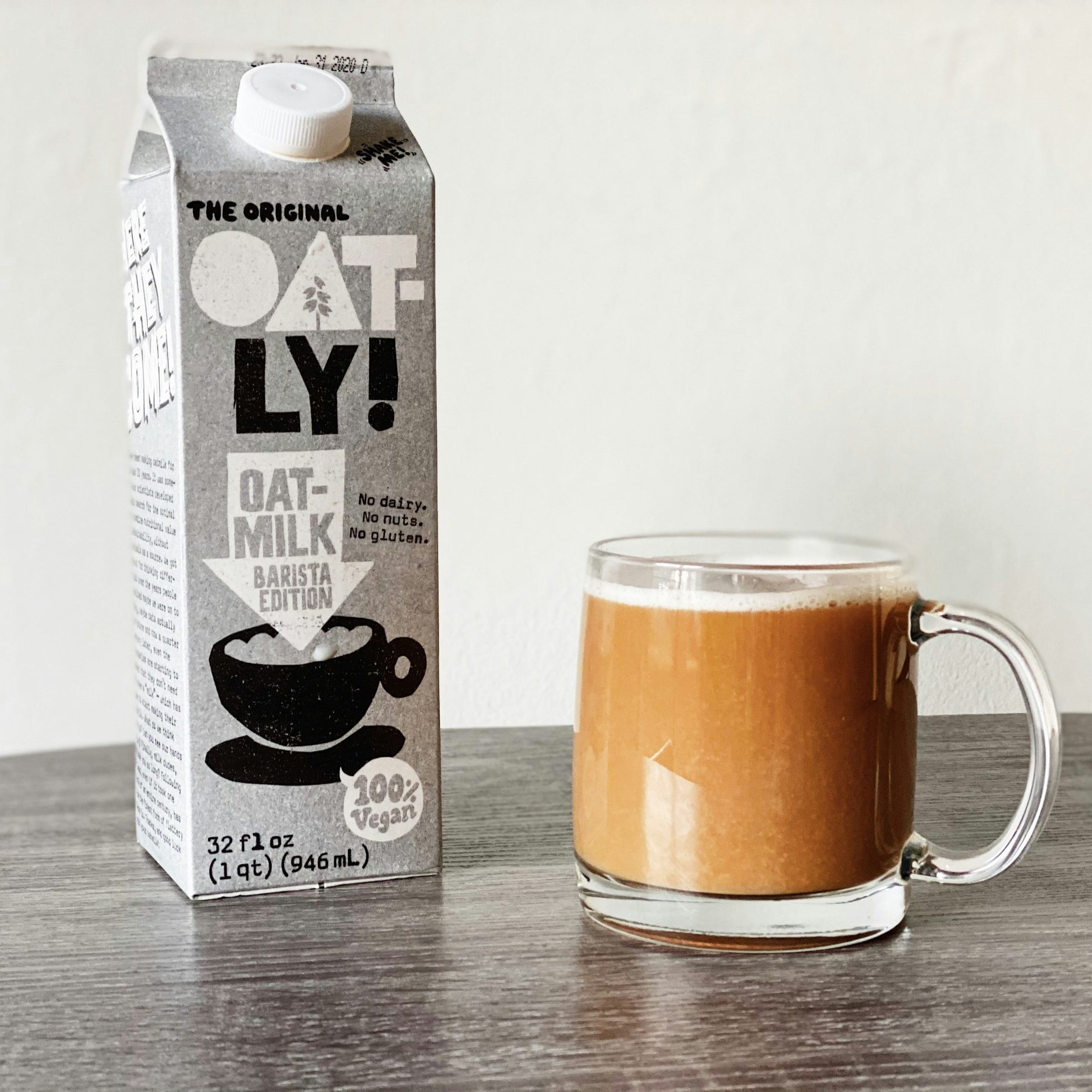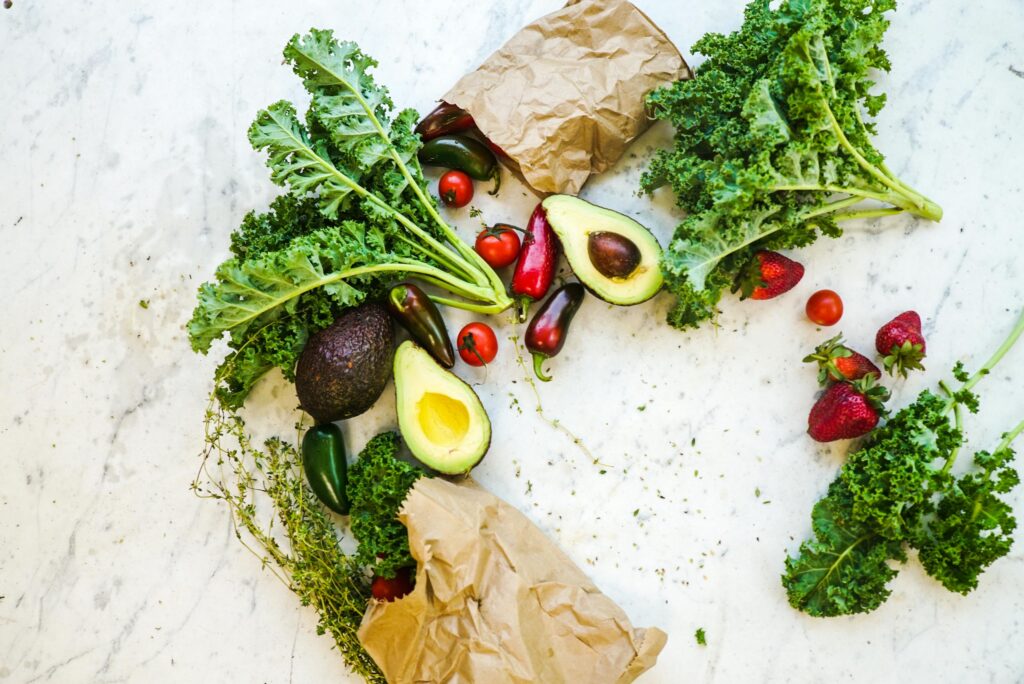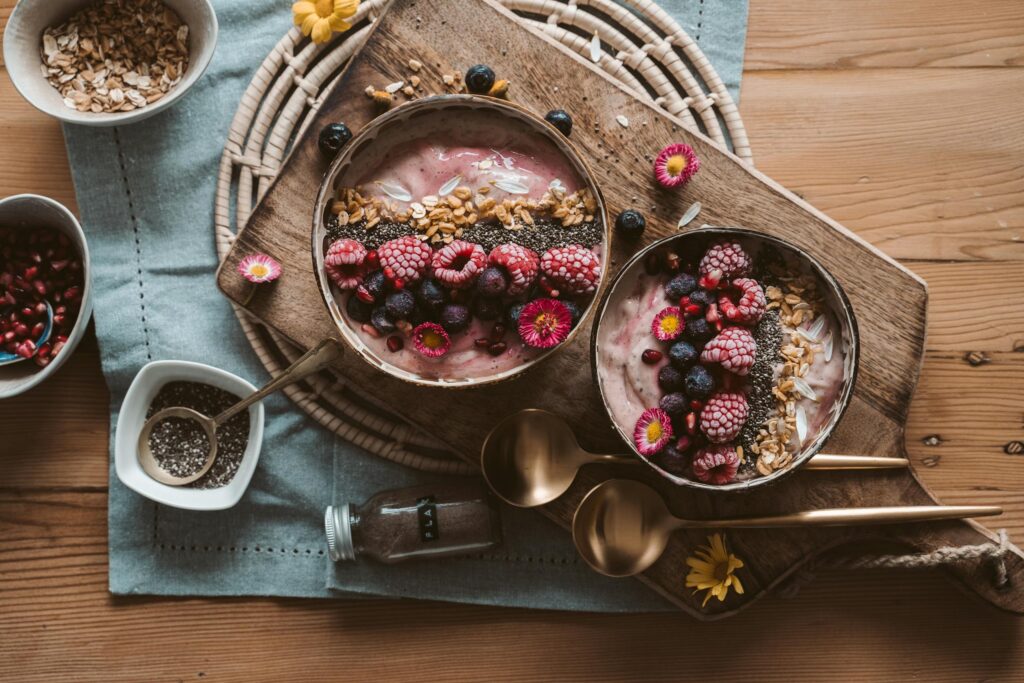Plant-based eating has absolutely exploded in popularity over the past few years – and it’s not just a trend. More and more people are realizing that shifting toward a vegan or mostly plant-based diet is one of the most powerful ways to reduce your environmental impact.
You don’t have to go fully vegan overnight. Honestly, you don’t have to go fully vegan at all if that feels overwhelming. But even making small, consistent changes toward eating more plants and fewer animal products can make a huge difference for the planet.

The Environmental Impact of Animal Agriculture
The first thing you need to understand is that animal agriculture is one of the greatest drivers of climate change on our planet. According to the United Nations, the livestock sector is responsible for 14.5% of global greenhouse gas emissions – that’s more than the entire global transportation sector combined (all the cars, trucks, planes, and ships on the planet).
It’s not just about methane emissions either. The livestock industry is also a massive drain on natural resources:
🌲 Producing one pound of beef requires around 1,800 gallons of water.
🌲 Livestock uses nearly 80% of global agricultural land while providing only 18% of calories.
🌲 Animal farming is one of the leading causes of deforestation, especially in places like the Amazon rainforest.
In short: raising animals for food is wildly inefficient compared to growing plants.
Plant-Based Diets Are Way More Efficient
When you swap animal products for plant-based foods, the savings are huge:
🌲 Eating plant-based can reduce your food-related carbon footprint by up to 73% according to a study published in Science.
🌲 If everyone shifted to a vegan diet, global farmland use could be reduced by 75%, freeing up land for rewilding and biodiversity.
Plants just use fewer resources – they need less land, less water, and create fewer emissions. It’s that simple.

People seem to have a lot of opinions about veganism, and I tend to hear the same arguments on repeat:
“What about protein?”
One of the most common arguments against veganism is the belief that you can’t get enough protein without meat, dairy, or eggs. But that’s simply not true, and I’m not sure how or why this myth even originated.
Plants are packed with protein – especially foods like lentils, chickpeas, tofu, tempeh, quinoa, edamame, seitan, nuts, seeds, and even whole grains. Most people, vegan or not, get more than enough protein without trying.
Unless you’re an elite athlete with highly specific needs, a well-balanced plant-based diet easily meets your protein requirements. And unlike many animal proteins, plant-based sources come with added benefits like fiber, antioxidants, and zero cholesterol.
“But what about B12?”
Yes, vegans need to supplement B12 – but so do many meat-eaters, especially older adults. It’s a simple fix that doesn’t negate the environmental or ethical benefits of a plant-based lifestyle.
“Isn’t vegan food ultra-processed?”
It can be, but it doesn’t have to be. A whole food, plant-based diet – focused on vegetables, grains, legumes, fruits, nuts, and seeds – is about as unprocessed as it gets. You don’t need fake meats and packaged foods to go vegan (though they can make things easier at first).
“Is it expensive?”
Actually, staples like beans, rice, oats, and frozen vegetables are some of the cheapest foods out there. A vegan diet can be very budget-friendly if you focus on whole foods rather than vegan convenience products.

It’s Not About Being Perfect
So many people tell me they could go vegan “if only it weren’t for cheese”. So you can’t give up cheese? Then don’t! But try cutting out the animal products you CAN do without. You might find it’s easier than you expected.
And if you do decide to go fully vegan, that most certainly doesn’t mean you have to live off of nothing but salads and tofu. There are so many incredible plant-based options these days, from hearty veggie bowls to decadent vegan pizzas (with delicious cashew cheese!). And every plant-based meal you choose saves resources.
If you’re not ready to give up animal products entirely, even small changes help:
🌲 Try “Meatless Mondays”
🌲 Replace dairy milk with oat or almond milk
🌲 Choose veggie options at restaurants
🌲 Explore plant-based proteins like lentils, beans, tempeh, and tofu
Eating more plants isn’t just better for your health – it’s honestly one of the easiest, most impactful ways to show up for your planet too.
